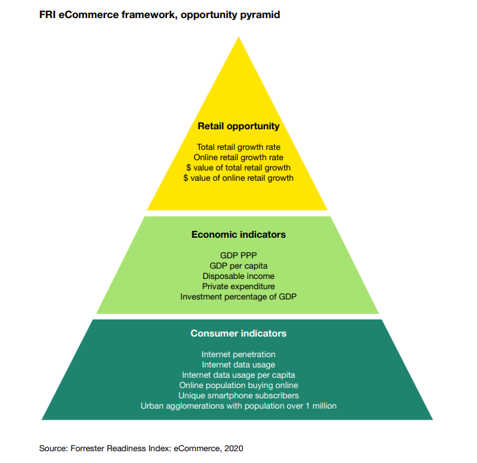
Retailers are grappling with a new normal, as the coronavirus continues to spread across the U.S., holing consumers up at home and prompting a change in what they are shopping for.
But nobody truly knows what that is going to look like a month from now, a week from now, or even tomorrow. The size and scope of the virus is growing each day — seemingly each hour.
The uncertainty of this COVID-19 pandemic has prompted a round of retailers to entirely withdraw their earnings outlooks for either the current fiscal quarter or entire year. That’s as dozens of them are temporarily closing stores across the country to try to curb the spread of the virus.
The list, in the past 24 hours, includes Victoria’s Secret parent L Brands, American Eagle, Nordstrom, Children’s Place, Ulta and high-end resale platform The RealReal. On Sunday, Abercrombie & Fitch withdrew its first-quarter and full-year 2020 earnings outlook, “due to the heightened uncertainty relating to the potential impacts of COVID-19.”
Some retailers are even starting to tap their credit lines to have more cash on hand.
And retailers aren’t alone in taking this approach — essentially surrendering to say they have no clue what is going to happen next. They do not know how guide Wall Street. As of last Wednesday, roughly 150 publicly traded companies had already warned investors of the threat COVID-19 poses, CNBC reported at the time. That included tech firms, airlines, restaurant chains, ticketing services and entertainment venues.
Some of those companies had lowered forecasts, and it is possible those expectations will need to be revised again.
In January, fast-food giant McDonald’s had discussed the impact of closed restaurants in China and predicted the impact would be “fairly small” if the virus stayed in China. But, on Tuesday, with COVID-19 spreading throughout the world, the company is contemplating rent deferrals for franchisees and saying the “negative financial impact” to its results cannot be reasonably estimated at this time. Those comments come as McDonald’s is shutting down dining rooms, but keeping its drive-thru and delivery options operating.
As local authorities impose curfews or force the closure of non-essential retail for the time being, Jefferies analyst Randal Konik is calling for a 90% to 100% drop in mall traffic. “The question is: For how long?” he said.
“Retailers are now in full-on battle mode,” Konik said. For retailers, this is now about near-term survival.”
Some retailers are trying to direct consumers to websites, which remain operational.
“Based on the significant investments we have made over the past several years in our people and our IT infrastructure, we have a robust digital business,” Abercrombie & Fitch CEO Fran Horowitz said. “We believe that our current capabilities will allow us to continue to fulfill our customers’ needs during this unprecedented period of uncertainty.”
Rival American Eagle said Tuesday that it expects store closures and the impact of COVID-19 “to have a material adverse impact on financial results.” It ended fiscal 2019 with $417 million in cash and short-term investments, and recently withdrew $330 million on its revolving credit facility to bolster near-term liquidity.
Nordstrom, when it withdrew its 2020 earnings outlook on Tuesday morning, said it has experienced “a broad-based deceleration in customer demand over the past couple of weeks, particularly in markets most affected by the virus.”
The Seattle area, where the department store chain is based, was among the first hubs in the U.S. to report a cluster of coronavirus cases. Nordstrom said it would be working toward making cost cuts and is suspending share repurchases.
Victoria’s Secret and Bed Bath & Body Works owner L Brands withdrew its first-quarter 2020 earnings outlook. It added that on Monday, “in an abundance of caution,” it drew down $950 million from its revolving credit facility. It said it now has more than $2 billion in cash.
Ulta Beauty also withdrew its 2020 earnings outlook Tuesday morning.
“We suspect that consumer confidence will be under tremendous duress in the coming months, which will likely have negative ramifications for items of ‘want’ versus items of ‘need’ … placing additional pressure on demand,” Gordon Haskett analyst Chuck Grom said.
The financial stress that these events will put on retailers could force them to cut costs further. That might result in layoffs and more store closures. There could be more than 15,000 store closures announced by retailers in 2020, marking a new record, Coresight Research CEO and founder Deborah Weinswig has told CNBC.
Michael’s, Lands’ End and Designer Brands each said Tuesday that they are not providing a 2020 earnings forecast at this time.

